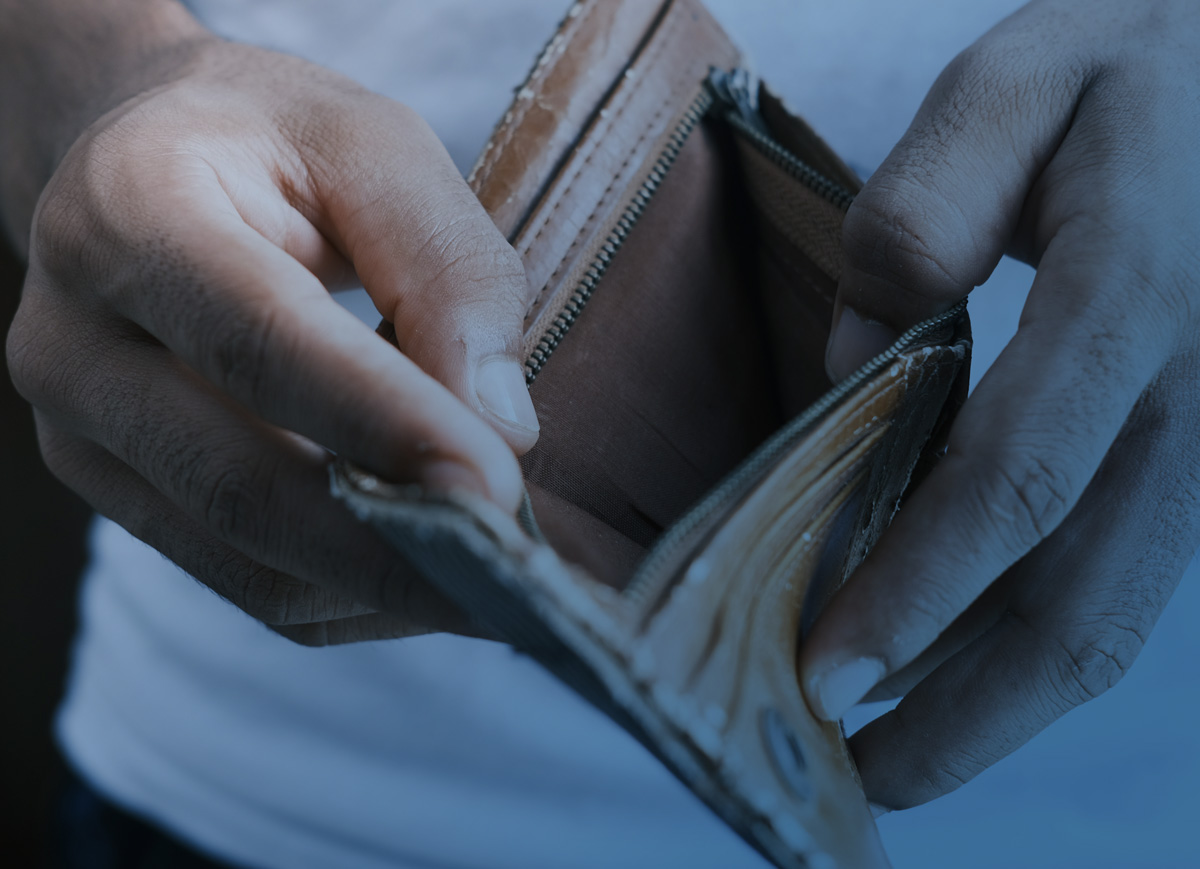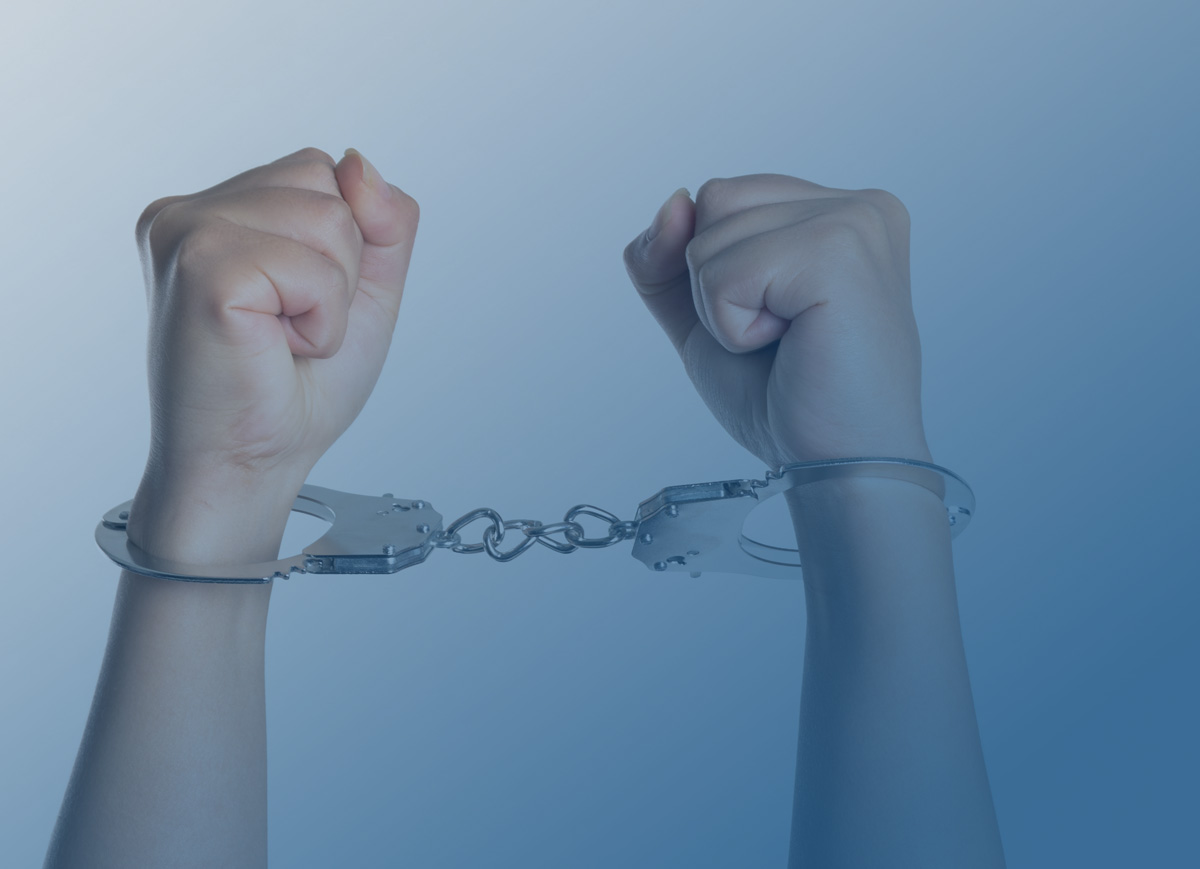CRIMINAL DEFENSE FAQ
CRIMINAL DEFENSE FAQ
FREQUENTLY ASKED QUESTIONS ABOUT VIRGINIA CRIMINAL DEFENSE
Magee Goldstein Lasky & Sayers, PC Can Help
How can I tell if my charge is criminal or traffic?
The answer is simple; but, since you’re probably asking because either you or someone you care about has a charge, the best way to explain is to walk you through two easy-to-follow steps:
Call the relevant city/county clerk’s office (most likely the clerk of the general district court) to get your actual case number; or, if you’re computer savvy, navigate your way to the correct court here.
Once you have the case number from the clerk of the courts’ website, look at the first two letters of your case number.
- If it starts with “GC” [e.g. GC160000-00] then it’s a criminal charge and, candidly, you should have a lawyer with you.
- If it starts with “GT” [e.g. GT160000-00] then it’s a traffic charge. See below for further comments on whether hiring a lawyer is necessary.
In regards to traffic charges, be aware that DUI, reckless driving, failure to maintain control, and/or improper brakes are all considered traffic charges, but none of them are pre-payable and they are all Class 1 misdemeanors, which require your attendance in court (unless you get a waiver of appearance, which we can often negotiate for most non-DUI clients). Notably, however, these traffic charges can (and often do) carry high fines and/or jail time. In sum, most traffic charges in Virginia are serious enough to at least consult a lawyer… Just make sure you talk with someone who will give you the straight scoop.
Finally, one last helpful tidbit, your official case number is NOT the same number that was printed on the warrant or summons that you received from the police officer.
What happens if I refuse to take a breath test in a DUI stop?
The Commonwealth of Virginia has an implied consent law for all drivers. This means that if you are arrested for driving under the influence (DUI), you have already given the officer automatic consent to test your alcohol levels by breath or blood test. If you refuse to submit to one of these tests, you will be issued a fine and your license will be automatically suspended, and you will still be under arrest.
Refusing a blood or breath test does not significantly benefit your case in Virginia DUI court. It is far more effective to build a defense based on the officer’s actions during and after your arrest, such as:
- Probable cause. Under the implied consent law, an officer must have probable cause to believe that you have been driving under the influence in order to arrest you. If the officer did not have a reasonable suspicion of criminal activity for pulling you over, then the results of your chemical test could be ruled inadmissible in court.
- Roadside test. If an officer asks you to take a preliminary breath test, you can refuse the preliminary test without the refusal being used against you. However, if the officer eventually arrests you, you will be compelled to take the test anyway, and your refusal (and the results) can be used against you at that point.
- Time limit. All admissible evidence must be collected within three hours of driving. If you are given a breath test at the roadside, but the blood test at the station does not occur until three hours later, the evidence may be inadmissible.
- Reading your rights. An officer has a duty to advise you of the consequences of your actions. If you are arrested, you must be read your rights immediately. If you have refused a chemical test, the officer should tell you that the refusal can be used against you in court and inform you that your license will be suspended.
What charges can I face for first-time marijuana possession in Virginia?
Under Virginia law, if it’s your first offense and you have less than half an ounce on you, you face up to 30 days in jail, $500 in fines, and a six-month license suspension ( with a restricted permit available).
However, many first offenders who have been charged with marijuana possession in Virginia can be granted a deferred disposition. In most cases, a deferred disposition is reserved for people who have no previous drug-related offenses on their record and who possessed a relatively small amount.
In a deferred disposition, the offender is placed under probation by the court and will have the charges dismissed if he or she completes all of the statutory and court-ordered conditions of probation, such as:
- Mandatory substance abuse assessment, counseling, and (if necessary) treatment
- Payment of all court costs and fines, including costs of mandatory drug abuse program
- Abstinence from drug and alcohol use during the entire probationary period (enforced by random drug and alcohol tests on behalf of the court)
- Completion of at least 24 hours of community service
A second offense can reopen your case. If you successfully complete the term of probation, your charges may be dismissed, but this does not mean you are off the hook for future offenses. If you are arrested for possession in the future, your first offense (although served with probation) will be treated as a conviction, raising the penalties on your second drug-related offense. In most cases, this could mean up to one year in prison and fines up to $2,500.
Get Answers to Your Questions
We understand that life can feel uncertain if you face criminal charges of any kind.



